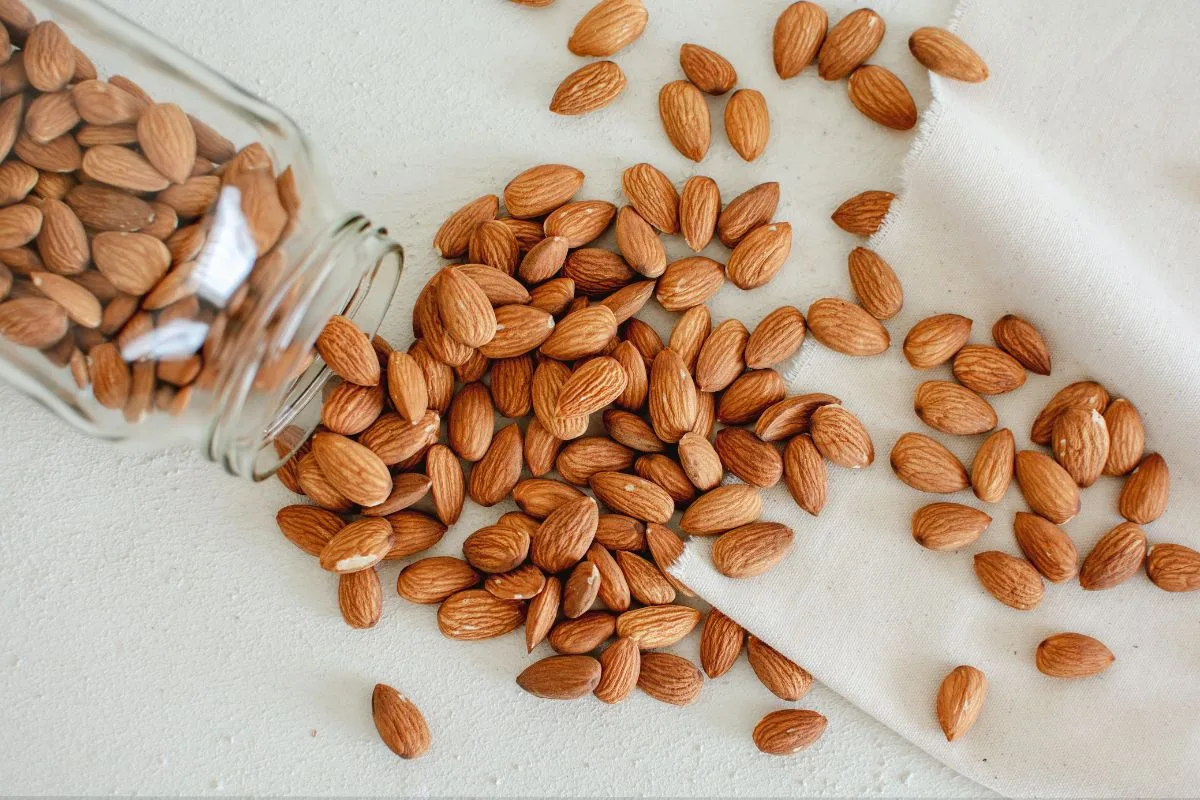Green peas are more than just a vibrant addition to our meals; they are powerhouse legumes packed with essential nutrients. Found in various cuisines worldwide, these small spheres offer an impressive array of health benefits, making them a staple in both vegetarian and meat-based dishes. This article delves into the nutritional composition of green peas, particularly examining their protein content, dietary fiber, and other macro and micro-nutrients. Additionally, we will explore the myriad benefits that green peas can provide, from enhancing digestive health to supporting weight management. Lastly, we will discuss important considerations to keep in mind regarding the consumption of this versatile and nutritious food. By the end of this article, you will have a comprehensive understanding of how incorporating green peas into your diet can contribute to overall wellness.
Nutritional Composition of Green Peas
In every 100 grams of green peas, you’ll find a balanced profile of macro-nutrients and essential minerals that contribute significantly to daily nutritional needs. Below is the detailed breakdown of the nutritional content:
- Protein: 7.2 g
- Total Fat: 0.1 g
- Dietary Fiber: 4 g
- Carbohydrates: 15.9 g
- Energy: 389.11 joules
- Iron: 1.5 mg
- Calcium: 20 mg
- Sodium: 7.8 mg
- Potassium: 79 mg
- Zinc: 0 mg
As evident from the figures, green peas are particularly notable for their protein content, making them an excellent choice for vegetarians and those looking to increase their protein intake. The minimal fat content means they are a heart-healthy choice, while the dietary fiber aids in digestive health. The carbohydrate content, primarily from complex carbohydrates, provides a steady energy source, contributing positively to overall metabolic health.
In terms of micronutrients, green peas are a source of iron and calcium, which are vital for various bodily functions, including oxygen transport and maintaining bone health. The presence of potassium is also significant, as it plays a crucial role in cardiovascular health by helping to maintain fluid balance and regulate blood pressure.
Health Benefits of Including Green Peas in Your Diet
Green peas offer an extensive range of health benefits that can enhance your overall health when included in a balanced diet. Here are some key advantages:
- Supports Digestive Health: The high dietary fiber content in green peas aids digestion by promoting bowel regularity. Fiber acts as a bulking agent in the gut, helping to prevent constipation and maintain a healthy digestive tract.
- Weight Management: Incorporating green peas can aid in weight management due to their low-calorie density and high fiber content. The soluble fiber helps you feel fuller for longer, reducing overall calorie intake.
- Rich in Antioxidants: Green peas contain a range of antioxidants, including vitamins A and C, which can help combat oxidative stress and inflammation in the body. Antioxidants play a vital role in reducing the risk of chronic diseases.
- Supports Heart Health: The potassium content in green peas helps regulate blood pressure by counteracting the effects of sodium. Their low fat and high fiber content also contribute to heart health by improving cholesterol levels.
- Improves Blood Sugar Control: The low glycemic index of green peas makes them suitable for individuals looking to manage blood sugar levels. Their fiber content slows down the absorption of sugars, helping to maintain stable blood sugar levels.
When you consider these benefits, it becomes clear that adding green peas to your meals can significantly enhance your health, making them an invaluable addition to various dietary regimes, from vegetarian to mixed diets.
Things to Keep in Mind When Consuming Green Peas
While green peas are generally healthy and safe to consume, it’s essential to be mindful of a few considerations to maximize their benefits:
- Portion Control: While peas are nutrient-dense, they are still relatively high in carbohydrates. For those monitoring carb intake, such as diabetics, portion control is key.
- Preparation Methods: How you prepare green peas can greatly affect their nutritional value. Opting for steaming or boiling rather than frying preserves their nutrients. Avoid excessive use of unhealthy fats or sauces.
- Allergies or Sensitivities: Some individuals may have sensitivities to legumes, so it’s essential to monitor any adverse reactions when introducing green peas into your diet.
- Digestive Issues: For some, high fiber content can lead to digestive discomfort. Gradually increasing intake and drinking plenty of water can help mitigate this.
- Freezing vs. Fresh: Frozen green peas are often flash-frozen shortly after harvest, preserving their nutrients effectively. Fresh peas can also be beneficial, though ensuring they are consumed quickly post-harvest is crucial for optimal nutritional benefits.
By keeping these considerations in mind, you can enjoy the many benefits of green peas while minimizing any potential drawbacks.
Summary
In summary, green peas are a nutritional treasure trove that can contribute significantly to a healthy diet. With their impressive profile of macro-nutrients, essential minerals, and a plethora of health benefits, these small legumes should not be overlooked. From supporting digestive health and weight management to providing essential antioxidants for chronic disease prevention, green peas offer versatility and vital nutritional components. As you consider incorporating them into your meals, remember to take into account preparation methods and portion sizes to maximize their benefits. As with any dietary choice, moderation and mindfulness are key to achieving optimal health.
Axis Diet is dedicated to empowering individuals with knowledge and practical advice for healthier living. Our articles, grounded in research and expert insights, aim to simplify complex nutritional concepts, offering a comprehensive understanding of various aspects of diet and wellness. While these articles are informative and a great starting point for anyone looking to improve their health, they are for informational purposes only. For personalized, professional guidance tailored to your unique health needs, we encourage you to consult with Axis Diet’s registered dietitians. Reach out to us for expert personalized guidance on your nutritional journey.





